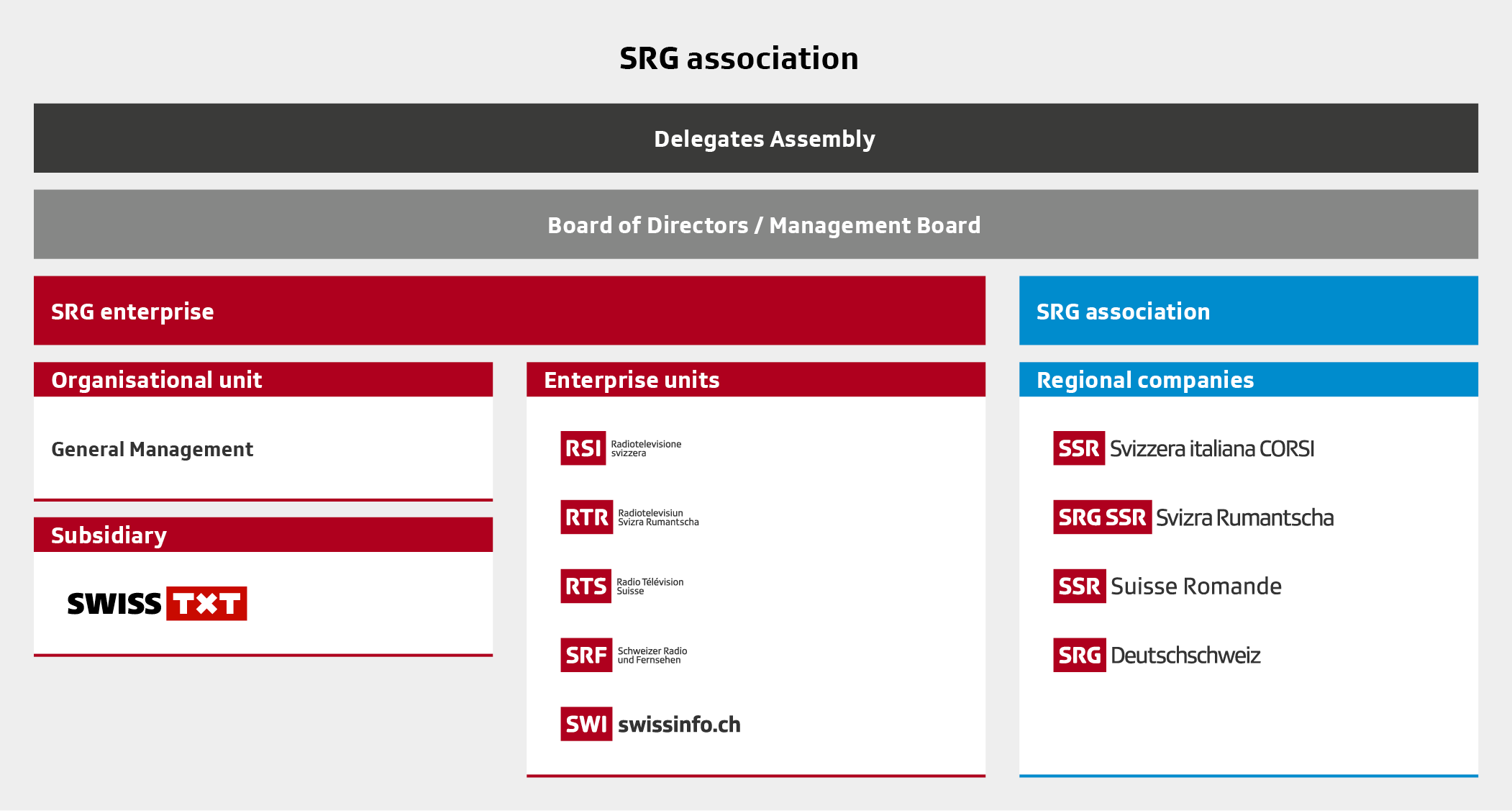The SRG SSR timeline since 1931
Switzerland gets a third national station
Monte Ceneri, Switzerland’s third national station, goes on air in October.
Brunnenhof studio officially opened
May sees the official opening of our studio at Brunnenhof in Zurich, which is immediately pressed into service.
The first delayed broadcasts
SRG acquires steel band sound recording equipment, and makes it available to all its studios. This allows them to record entire programmes for delayed broadcast for the first time.
Annual report 1933

Charles Baud

Charles Baud becomes SRG's second chairman. Term of office: 1933–1934.
Copyright
The record industry submits claims about copyright and seeks legal action in Switzerland and abroad.
Geneva radio studio
The Geneva radio studio began reporting on the activities of the League of Nations when it was set up in 1925. In 1934, it covered stories including the admission of the Soviet Union to the League and the Spanish Civil War.
SRG’s first HR policy

SRG first formalised pay and conditions for its employees in 1934, when it published its first HR policy. In 1975, the policy was re-framed as a Collective Employment Agreement (CEA). Under the 1934 policy, the maximum annual salary for an office worker or secretary.
Annual report 1934

More sport
SRG expands its range of programming, especially as far as sport is concerned. Broadcasts of the 1935 Tour of Switzerland are a great success.

